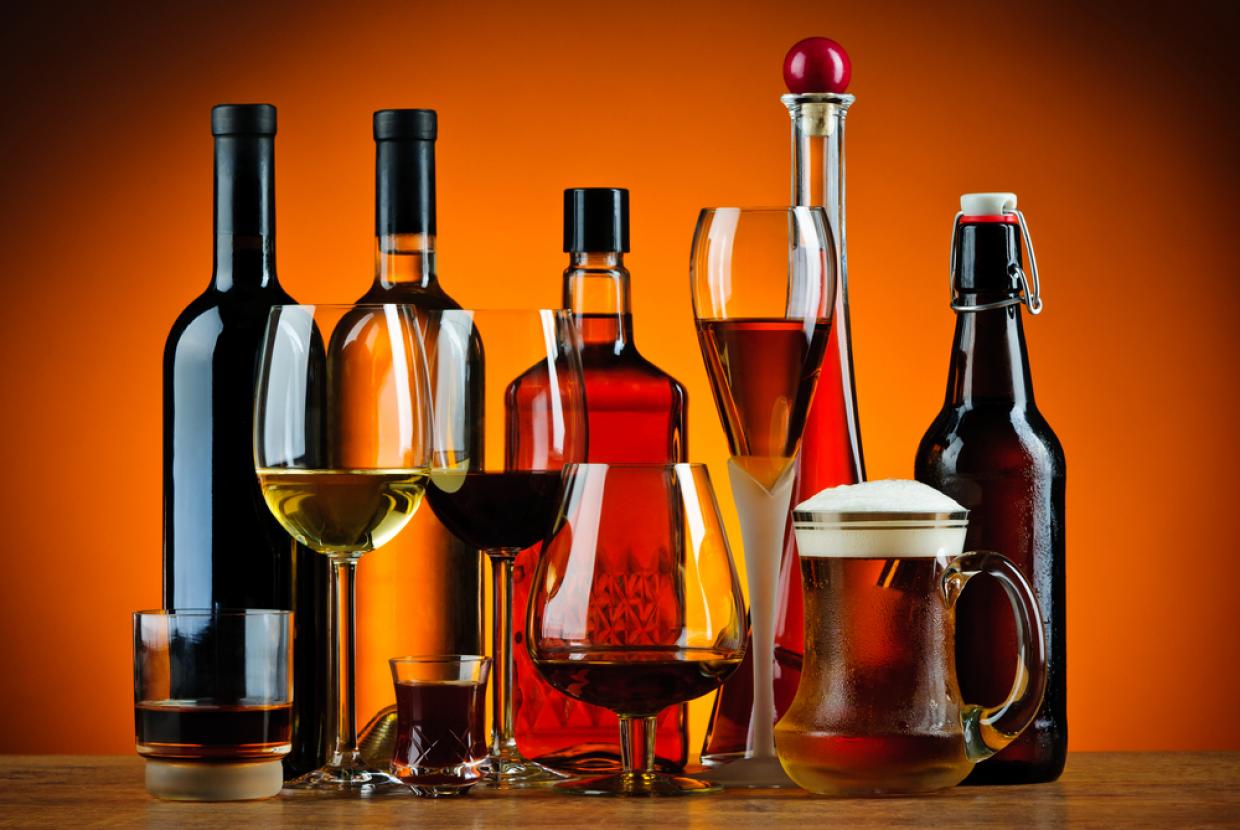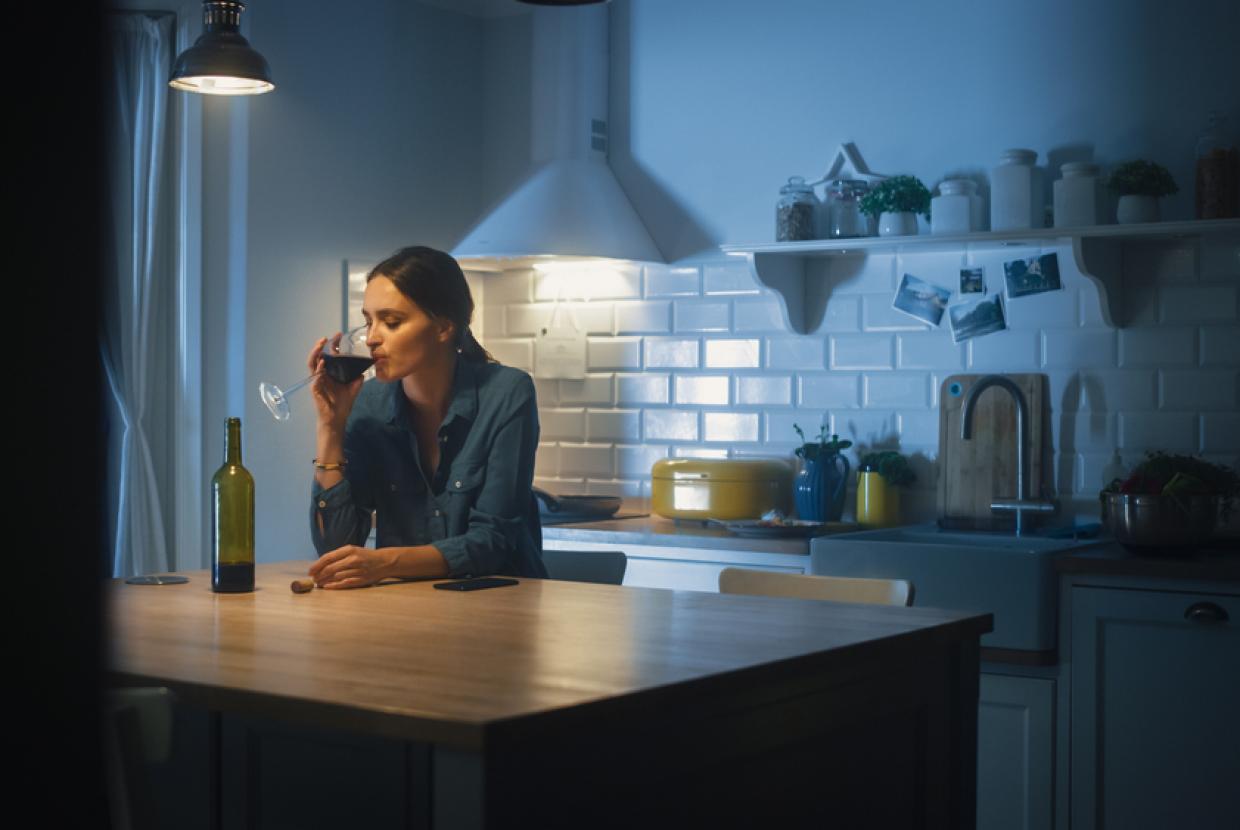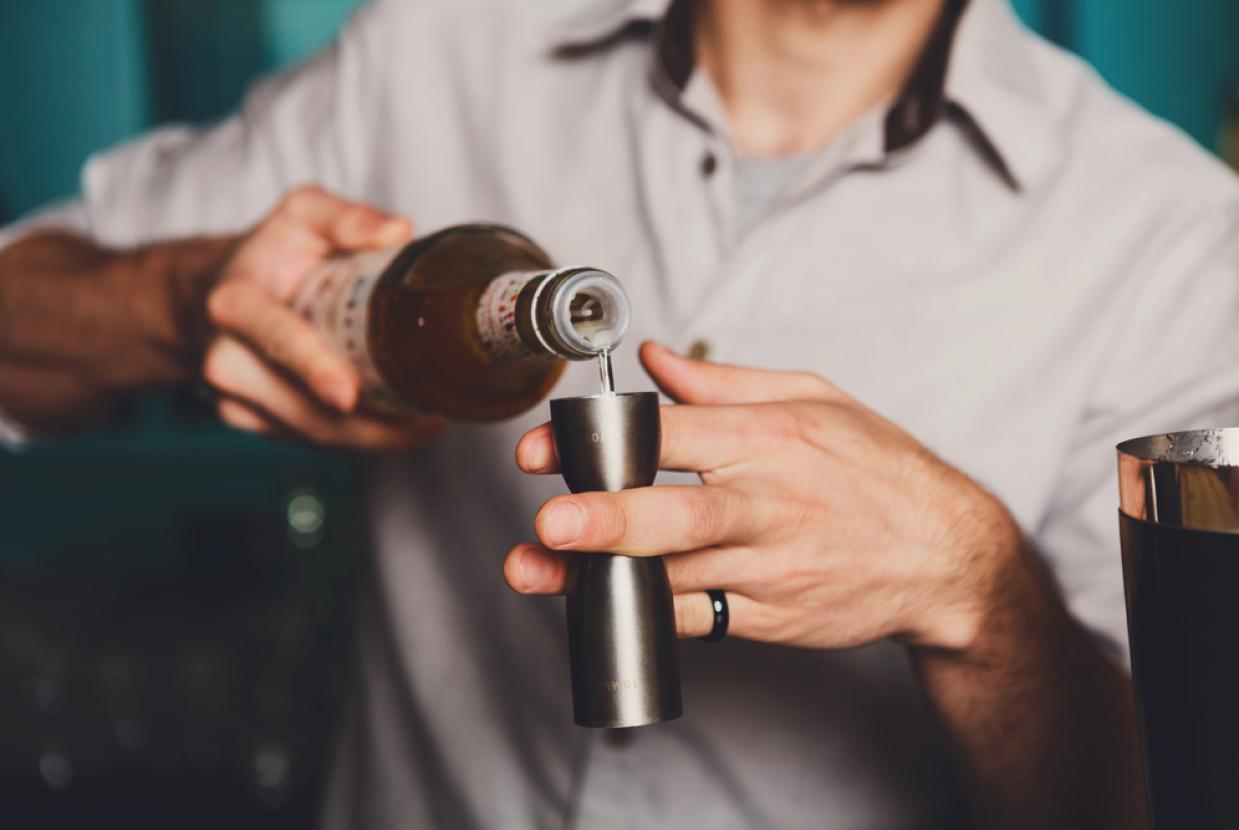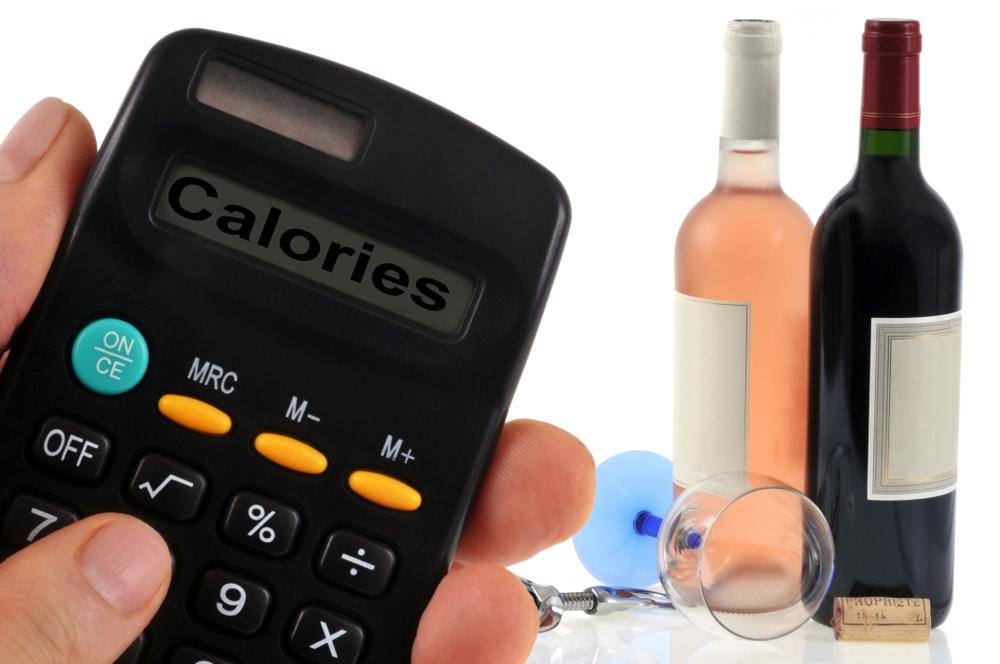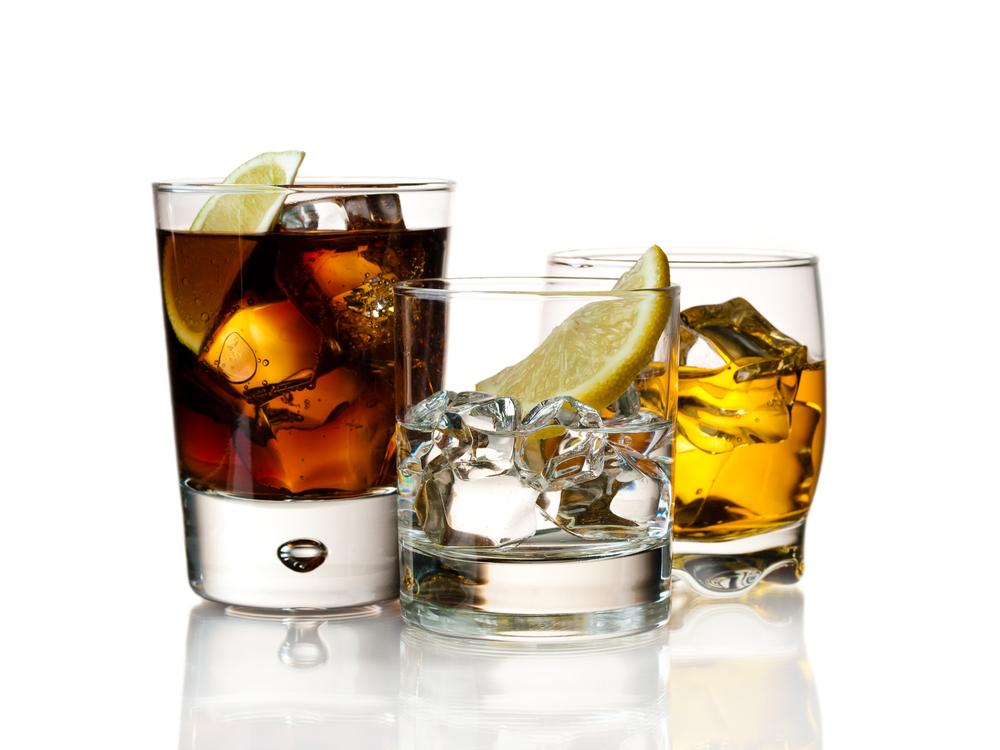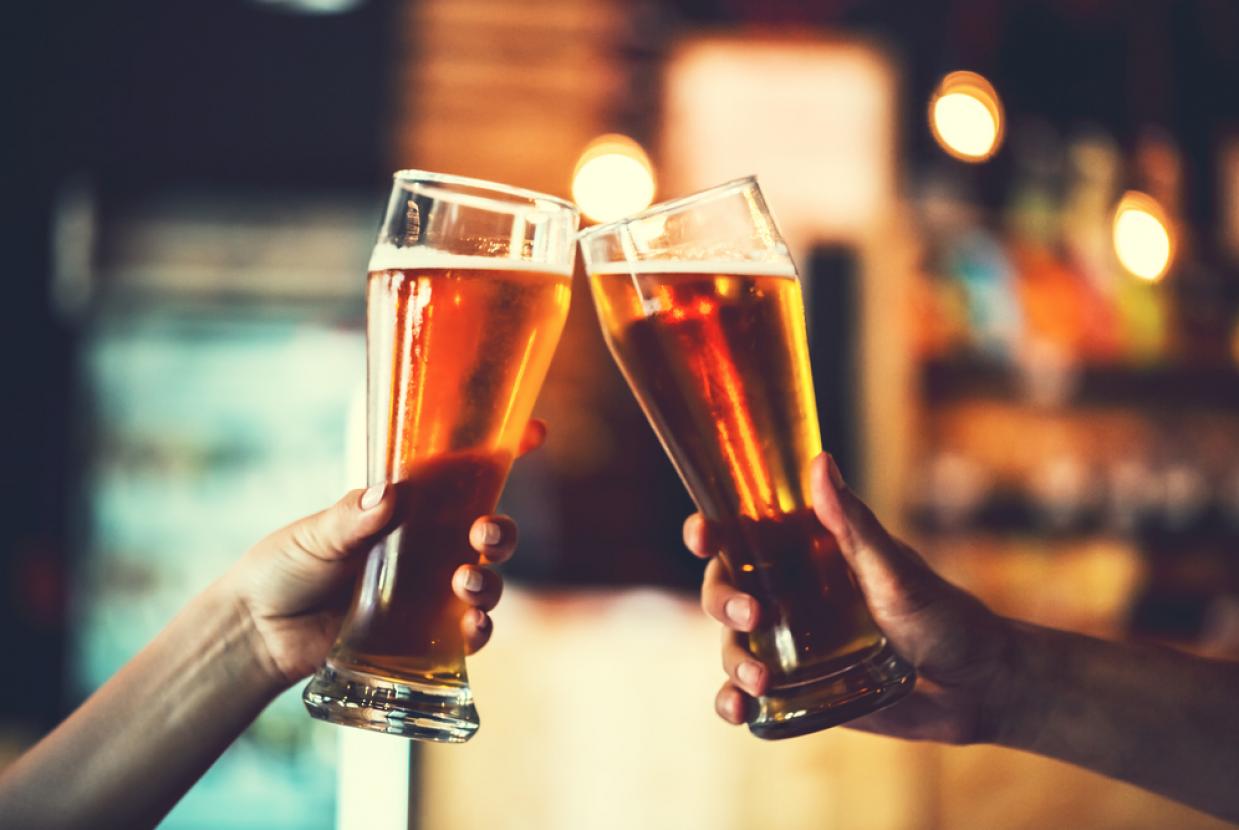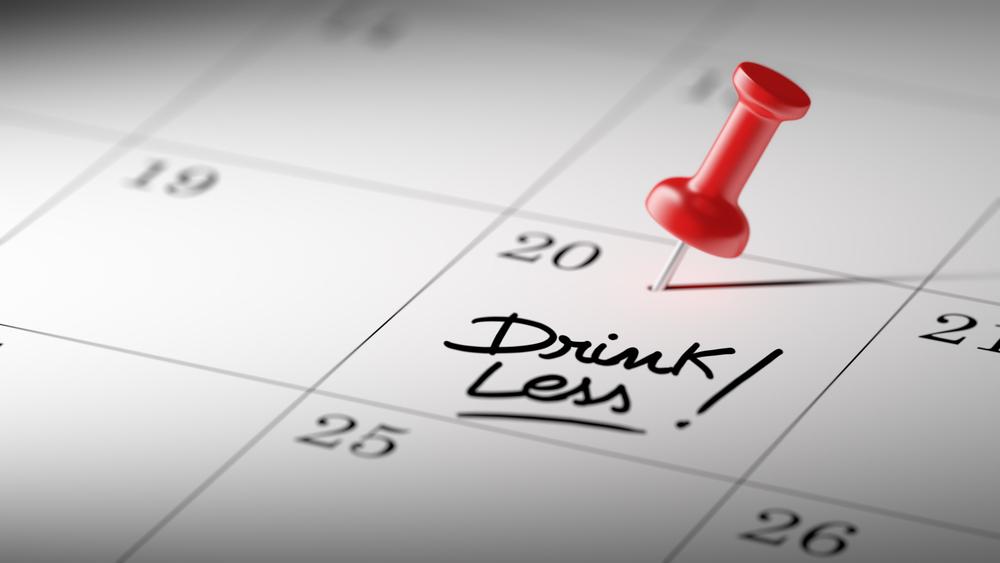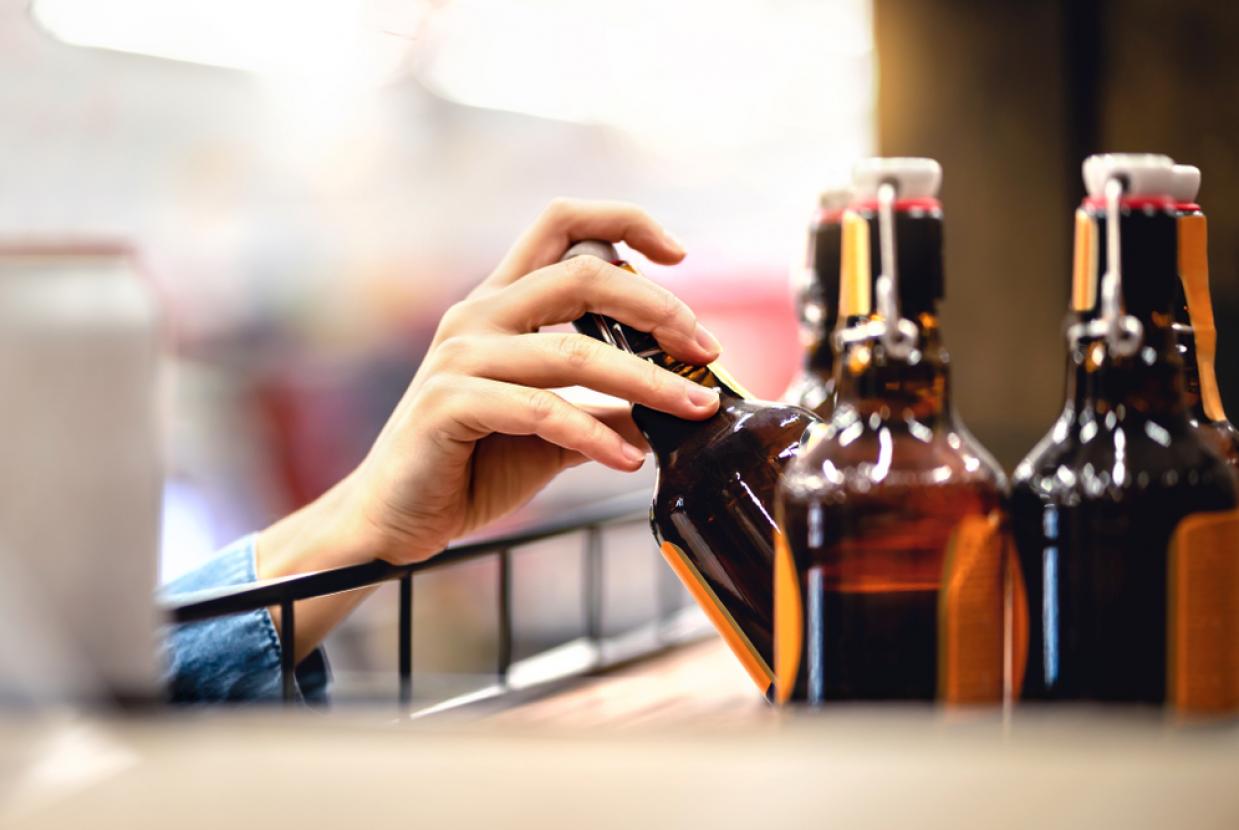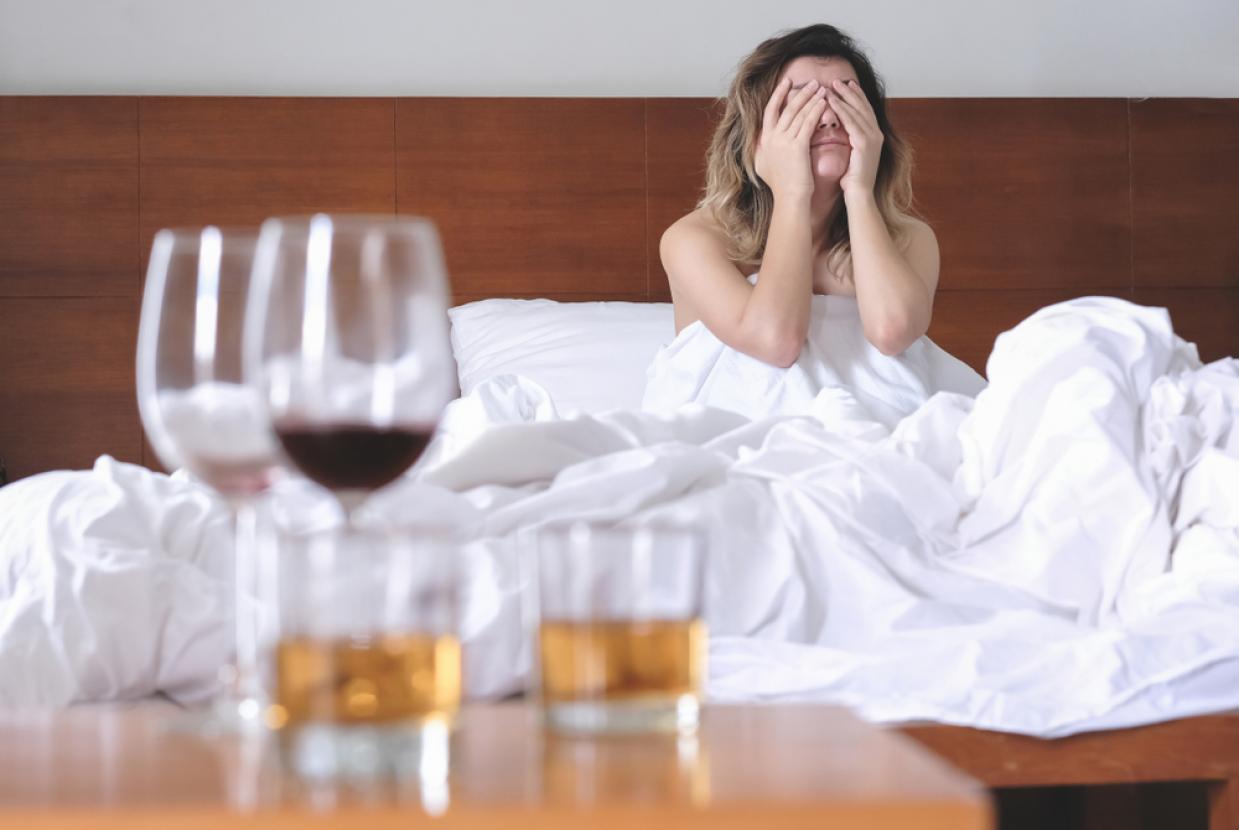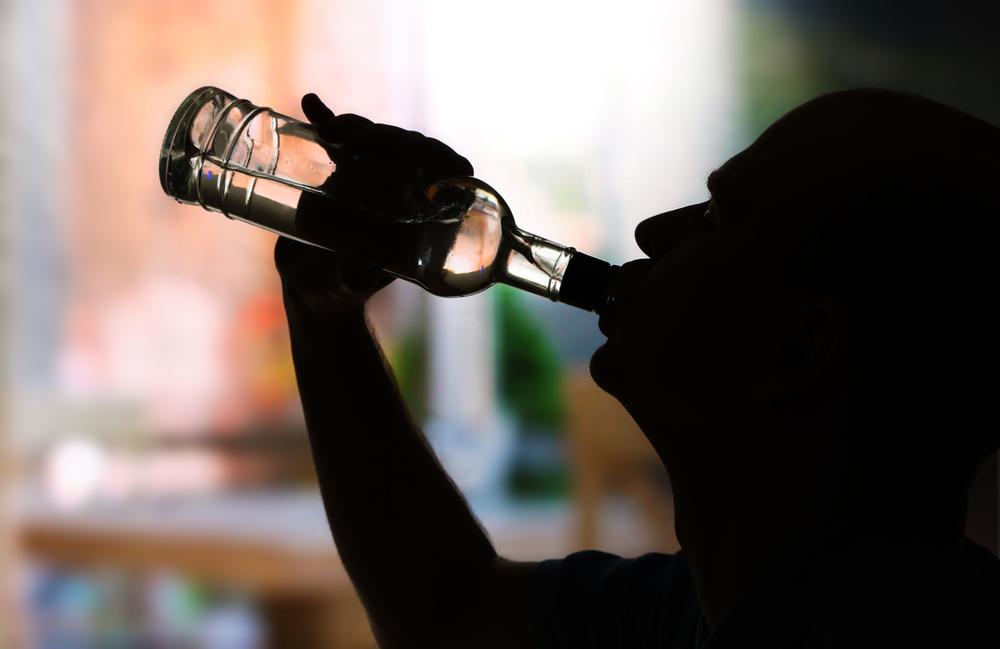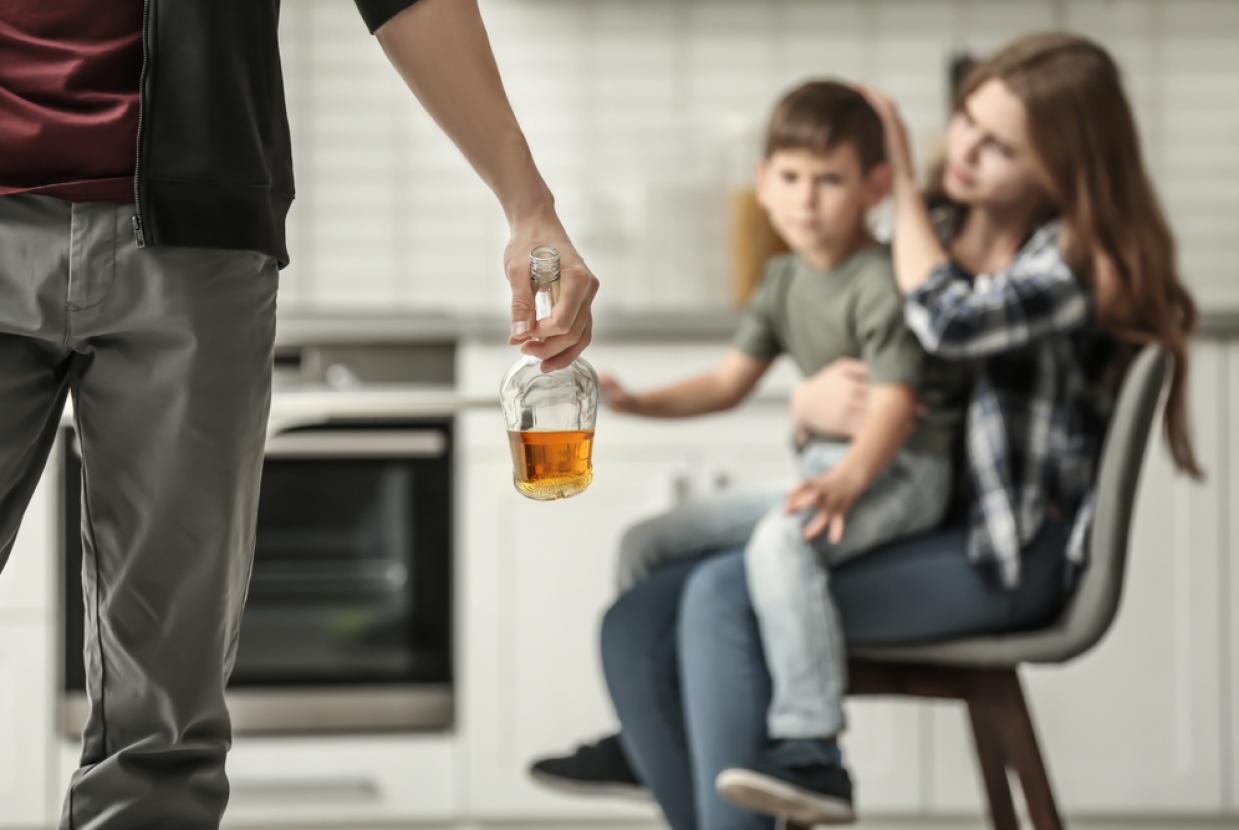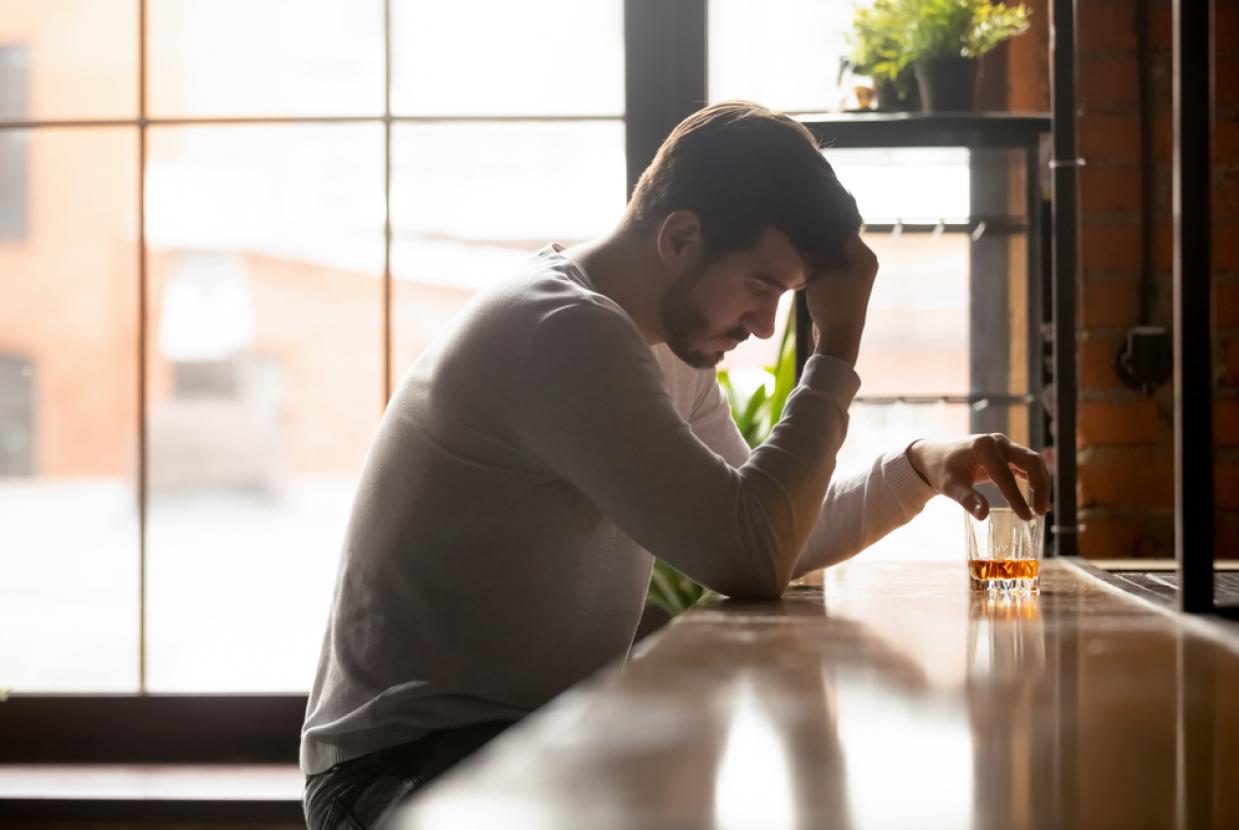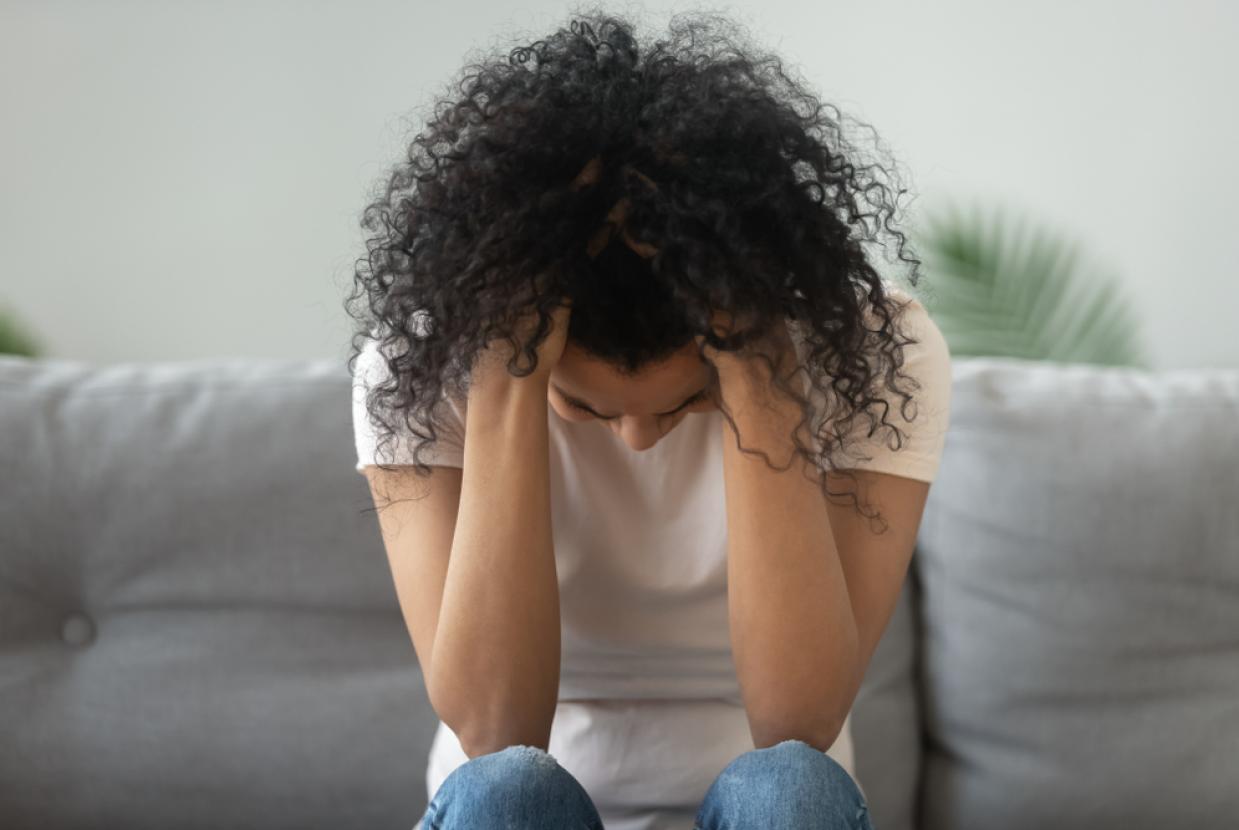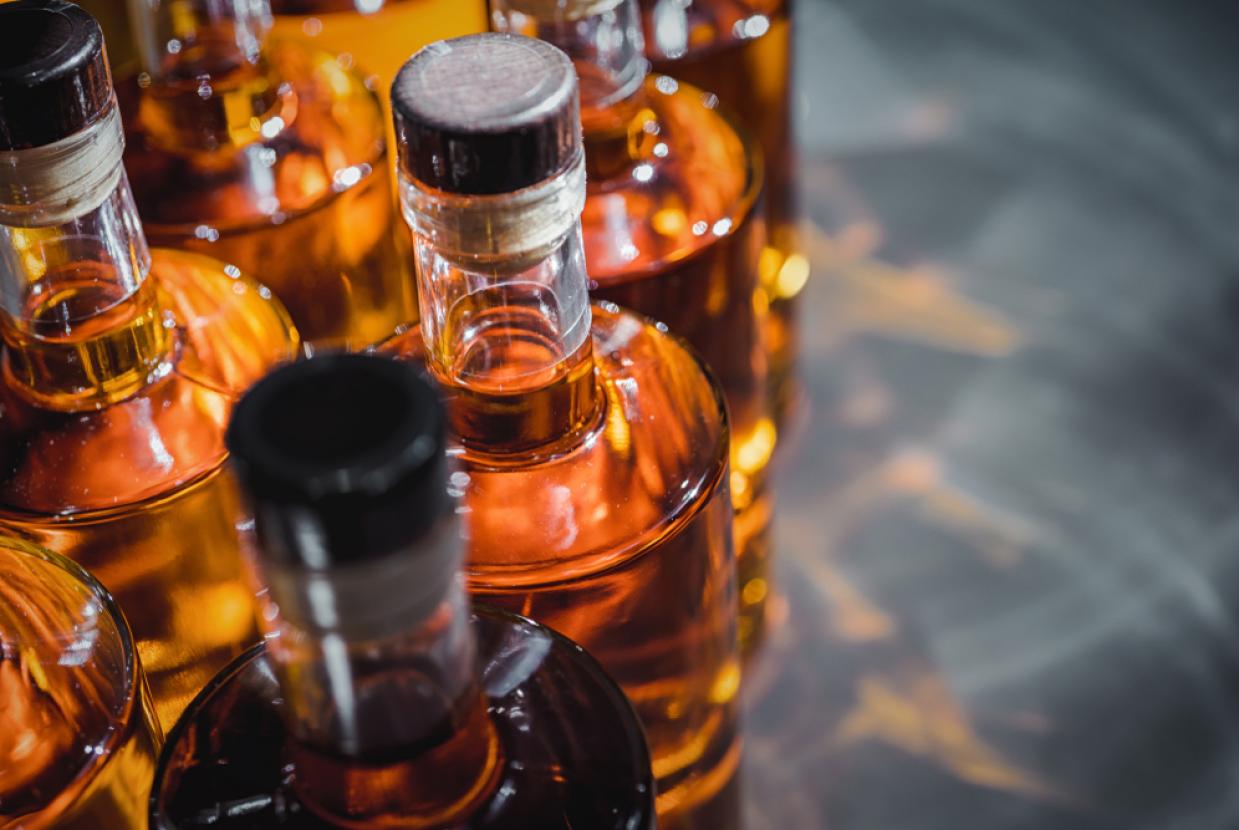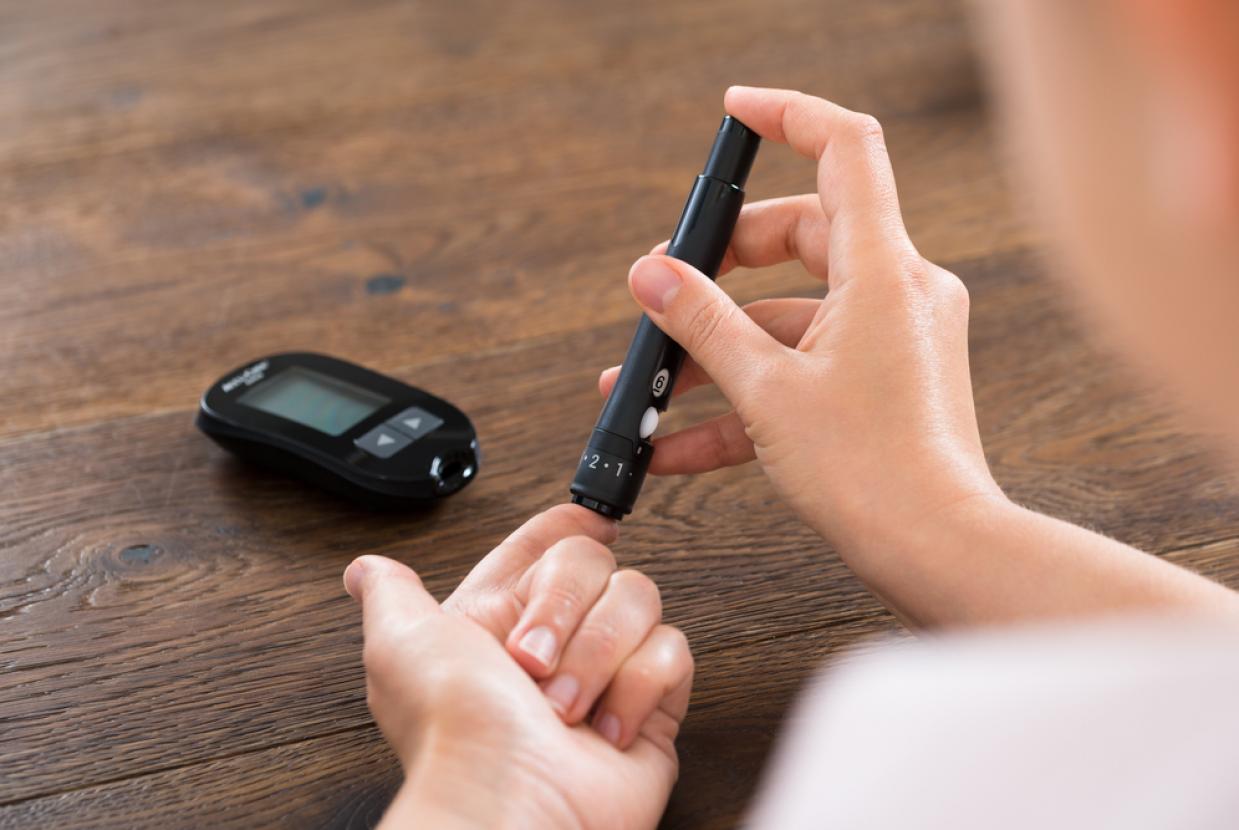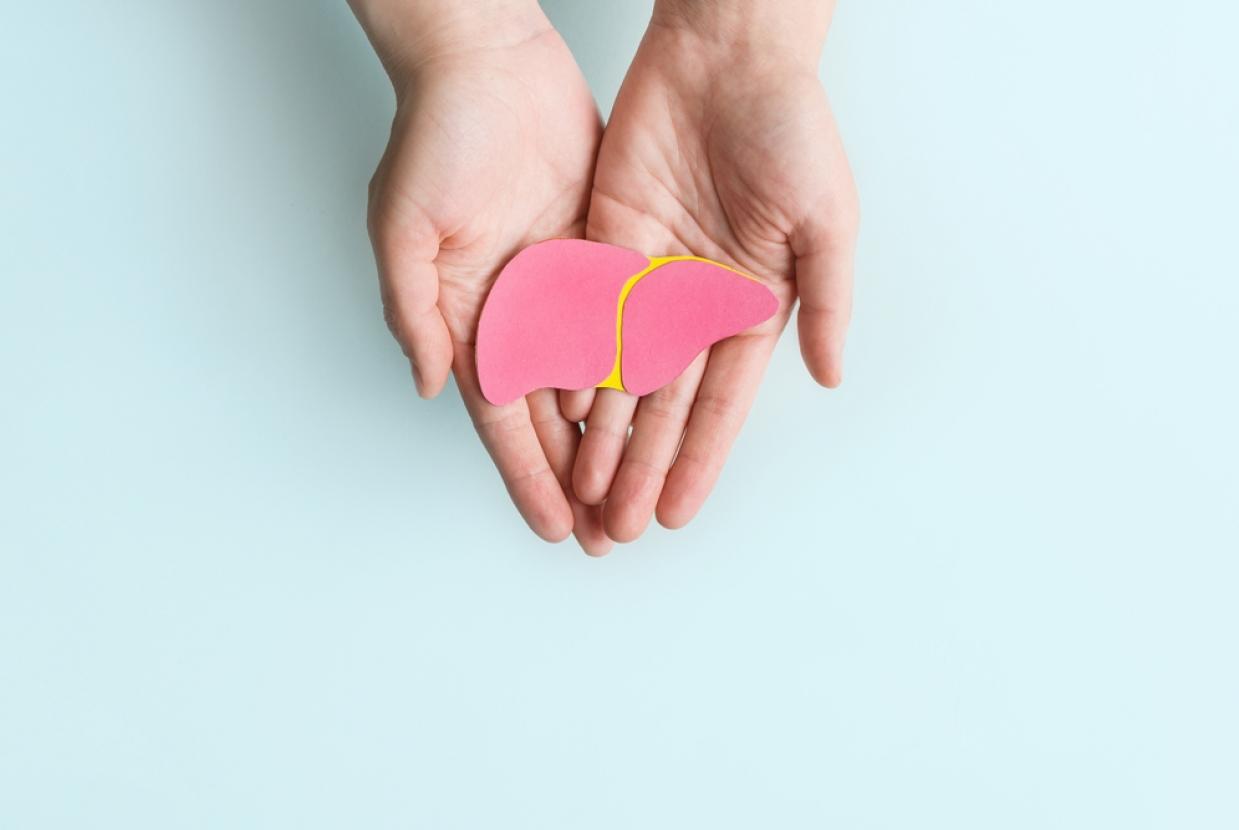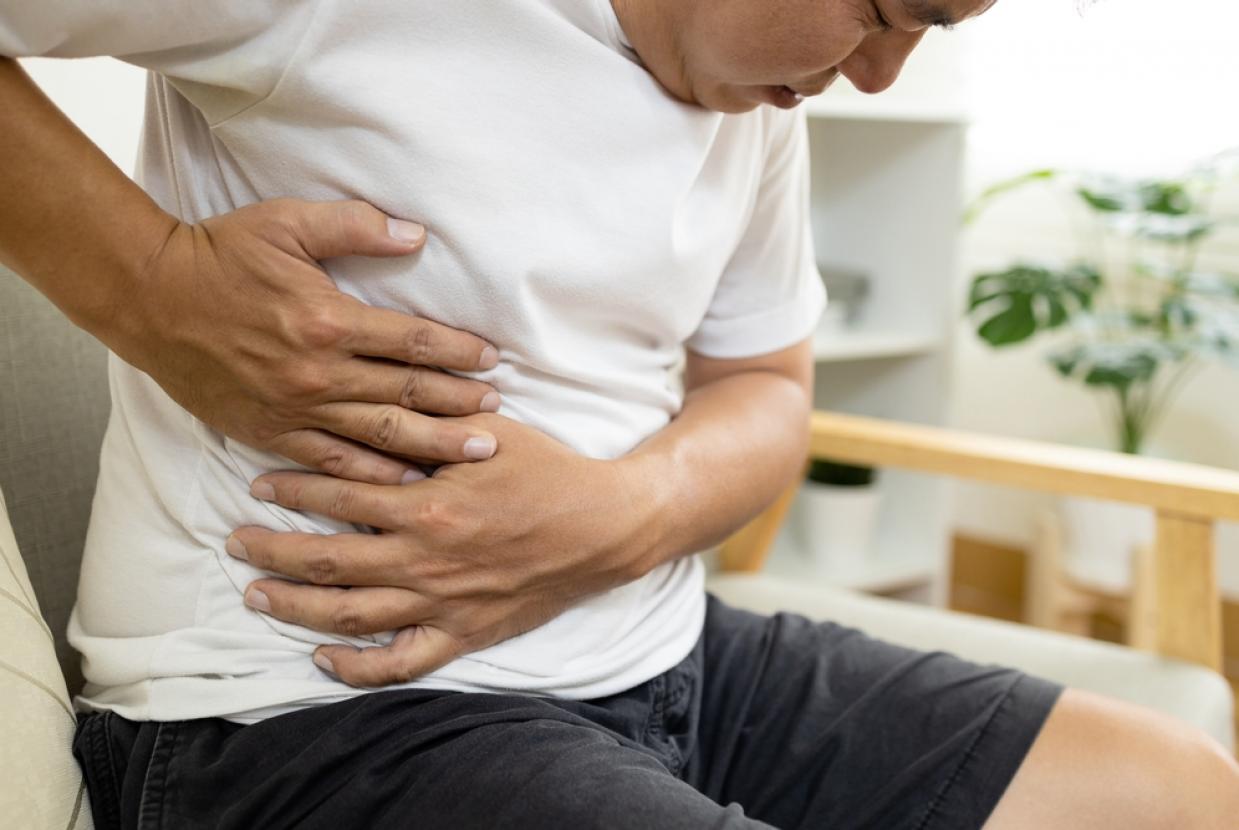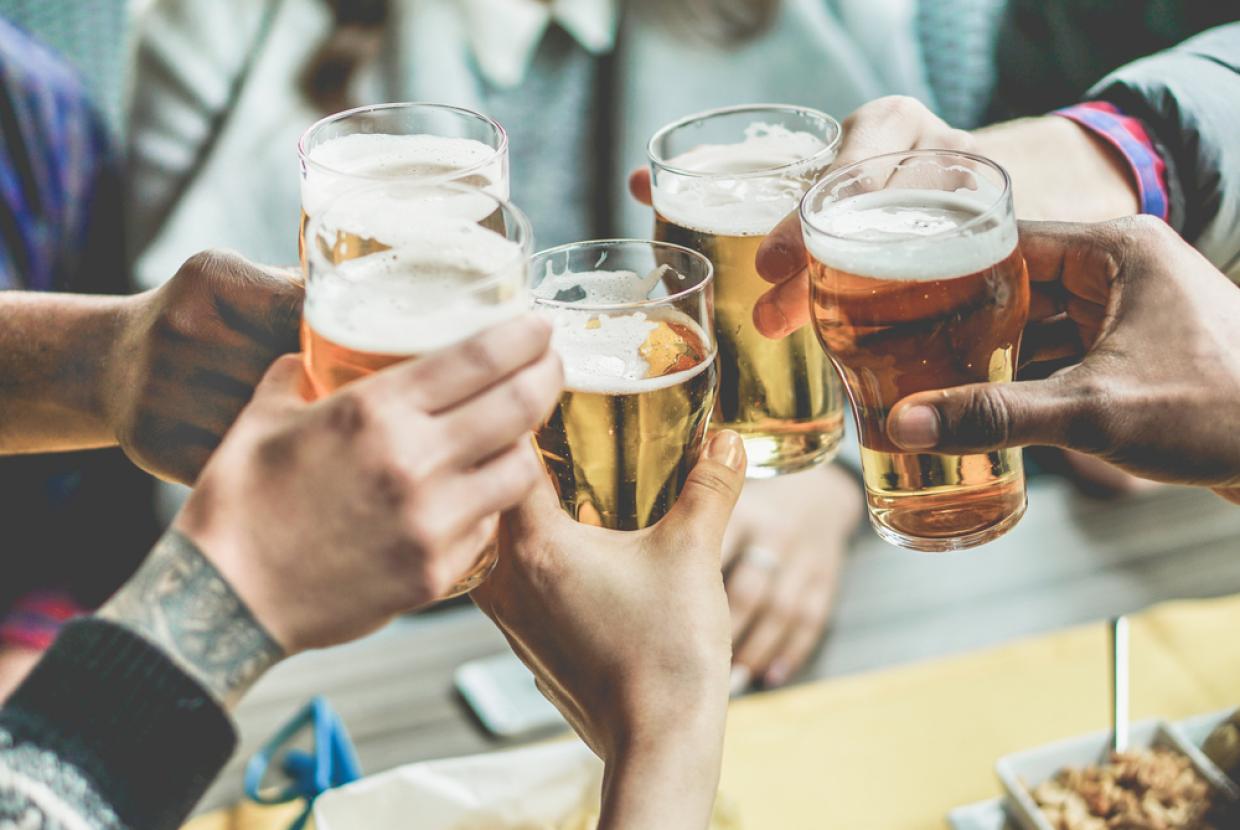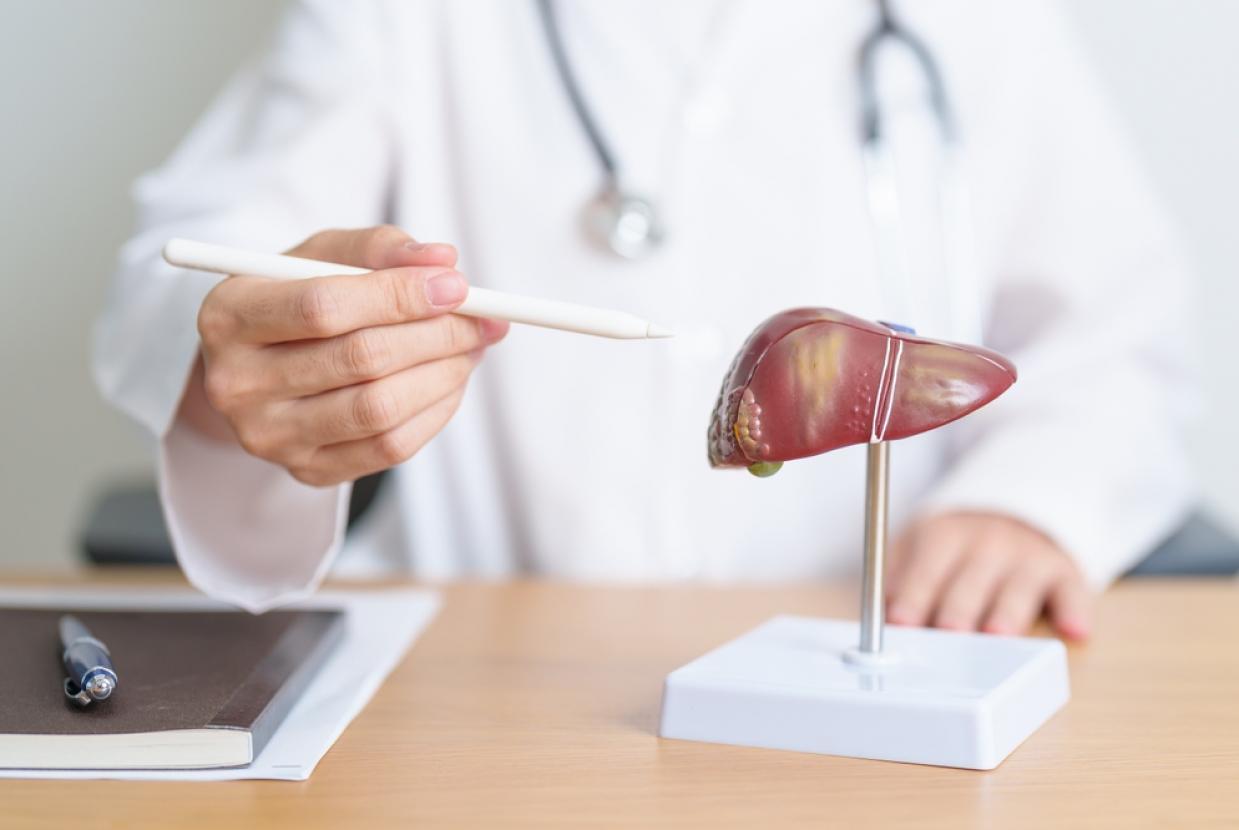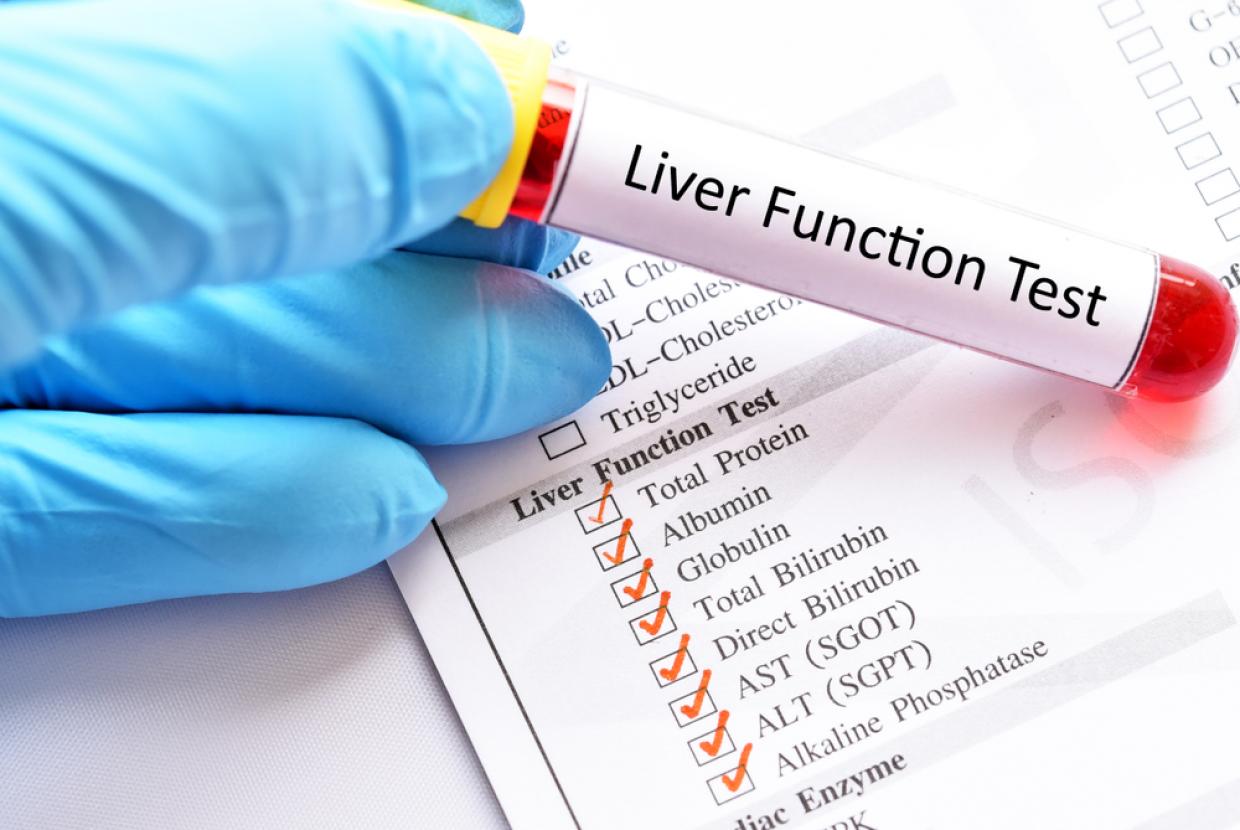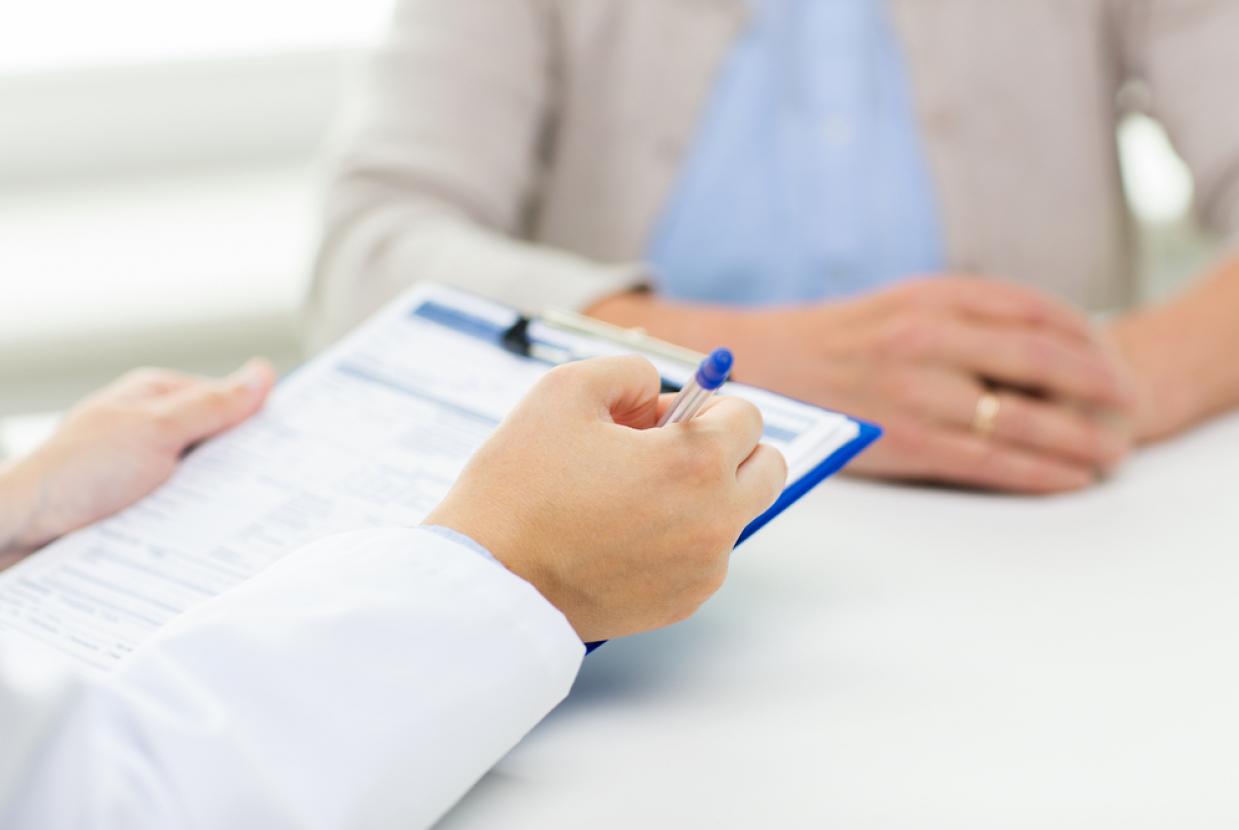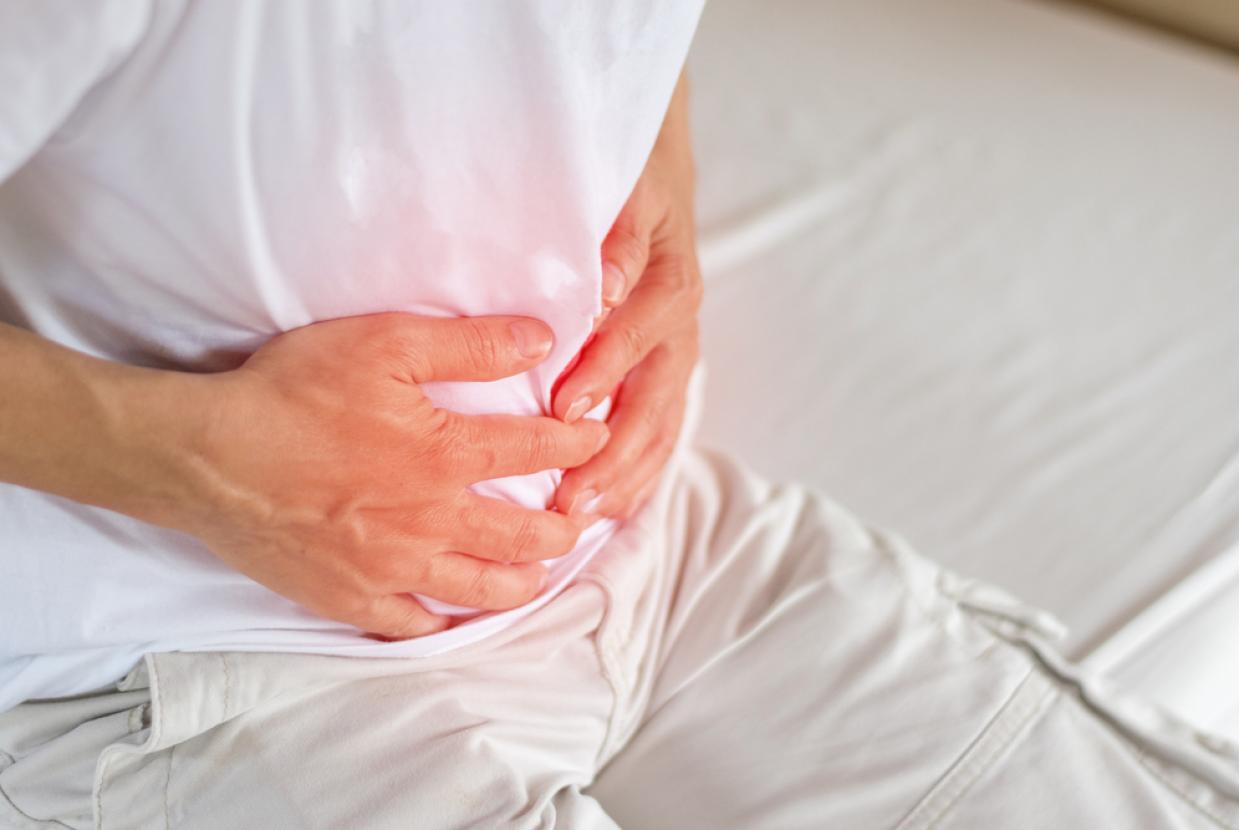Alcohol Support
Realising you have a problem with alcohol is the first big step to getting help. You may need help if:
- you often feel the need to have a drink
- you get into trouble because of your drinking
- other people warn you about how much you're drinking
- you think your drinking is causing you problems
A good place to start is with your GP. Try to be accurate and honest about how much you drink and any problems it may be causing you. If you have become dependent on alcohol, you will have found it difficult to fully control your drinking in some way.
So you'll probably need some help either to cut down and control your drinking or stop completely, and also some plans to maintain the improvement after that.
Your GP may suggest different types of assessment and support options available to you, such as from local community alcohol services. You can also ask about any free local support groups and other alcohol counselling that may suit you.
If you have become physically dependent and need to stop drinking completely, stopping overnight could be harmful.
You should get advice about this and about any medication you may need to do this safely.
The sorts of mild or moderate withdrawal symptoms that suggest you may need medicine include:
- anxiety after waking
- sweating and mild tremors
- nausea or retching in the morning
- vomiting
Call 999 if you have severe symptoms of alcohol withdrawal, including:
- hallucinations
- severe tremors
- seizures or fits
Staying healthy and in control
Cutting down or stopping drinking is usually just the beginning, and most people will need some degree of help or a long-term plan to stay in control or completely alcohol-free.
Getting the right support can be crucial to maintaining control in the future. Only relying on family, friends or carers for this often is not enough. Ask your GP or alcohol service about what longer term support is available in your area. Self-help or mutual aid groups (groups such as AA or SMART Recovery groups) are accessible in most areas.
Useful contacts for alcohol problems
- Drinkline is the national alcohol helpline. If you're worried about your own or someone else's drinking, you can call this free helpline in complete confidence. Call 0300 123 1110 (weekdays 9am to 8pm, weekends 11am to 4pm).
- Alcoholics Anonymous (AA) is a free self-help group. Its "12-step" programme involves getting sober with the help of regular support groups.
- Al-Anon Family Groups offers support and understanding to the families and friends of problem drinkers, whether they're still drinking or not. Alateen is part of Al-Anon and can be attended by 12- to 17-year-olds who are affected by another person's drinking, usually a parent.
- Addaction is a UK-wide treatment agency that helps individuals, families and communities manage the effects of drug and alcohol misuse.
- Adfam is a national charity working with families affected by drugs and alcohol. Adfam operates an online message board and a database of local support groups.
- The National Association for Children of Alcoholics (Nacoa) provides a free, confidential telephone and email helpline for children of alcohol-dependent parents and others concerned about their welfare. Call 0800 358 3456 for the Nacoa helpline.
- SMART Recovery groups help participants decide whether they have a problem, build up their motivation to change, and offer a set of proven tools and techniques to support recovery.
Caring for an alcoholic? Find out where you can get support.
Alcohol detoxification
Most people receive support to stop drinking and recovery support in the community. If you need medication to help you stop drinking, it can often be taken at home or when attending a local service daily.
But some people will need a short stay in a 24-hour medically supported unit so they can receive safe treatment of their withdrawal symptoms or other problems.
This may be in an NHS inpatient unit or a medically supported residential service, depending on your situation and the assessed medical need.
Intensive rehabilitation
Some people are assessed as needing intensive rehabilitation and recovery support for a period after they stop drinking completely, either through attending a programme of intensive support in their local community or by attending a residential rehabilitation service.
This type of intensive treatment is usually reserved for people with medium or high levels of alcohol dependence, and particularly those who have received other forms of help previously that have not been successful.
Local authorities are responsible for alcohol treatment services. The intensive residential rehabilitation packages may require an additional assessment process to determine access to the funding for this.
It's also possible to pay for residential rehabilitation privately. Medical insurance companies may fund this for a certain period.













